 (Be blessed by this DWOD for Oct. 15, 2013 by guest blogger, Os Hillman)
(Be blessed by this DWOD for Oct. 15, 2013 by guest blogger, Os Hillman)
Weeping may endure for a night, but joy comes in the morning (Ps 30:5).
When a measured assault enters our life we often respond in two different ways. The pain caused by the assault drives us to a place of either embracing the pain or we embrace anything that will make us feel better. That becomes the entry door to a false lover. Men and women each seek to avoid pain in different ways. Larry Crabb has summarized these two unique strategies often used to avoid deep pain:
All of us are trapped by addiction to a desire for something less than God. For many women, that something less is relational control. “I will not be hurt again and I will not let people I love be hurt. I’ll see to it that what I fear never happens again.” They therefore live in terror of vulnerably presenting themselves to anyone and instead become determined managers of people. Their true femininity remains safely tucked away behind the walls of relational control.
More common in men is an addiction to non-relational control. “I will experience deep and consuming satisfaction without ever having to relate meaningfully with anyone.” They keep things shallow and safe with family and friends and feel driven to experience a joy they never feel, a joy that only deep relating can provide. Their commitment is twofold: to never risk revealing inadequacy by drawing close to people and, without breaking that commitment, to feel powerful and alive. Power in business and illicit sex are favorite strategies for reaching that goal.
(Shattered Dreams, Waterbrook Press, Colorado Springs, CO 2001, p.95)
Many times we seek to deal with our pain through various forms of addictions designed to resolve the inner pain we feel. All addictions represent a counterfeit desire for genuine love and intimacy. We conclude these lesser desires are legitimate needs instead of Band-Aids of our fleshly soul. These addiction lovers become isolation chambers created for ourselves designed to mask our pain.
Every human being has a desire to be loved. When we do not feel loved because of some event in our lives we seek to reconcile this emotional pain. So, if you are fighting any kind of addiction–over control of people, sex, drugs, alcohol, workaholism, shopping, overeating–you are seeking to fill a void only God can fill.
Pain has a useful purpose in our lives. Facing it, rather than medicating it, allows us to move to a place of discovering a capacity for a different kind of joy. That is the purpose of pain. We must let inner pain do its work by experiencing it fully.
It feels like a contradiction to actually embrace the pain, but it is the only remedy for moving past it so it can yield its purpose in our lives. Otherwise we will remain unaware of our deeper desire for God and be driven toward a false lover.
(Reprinted by permission from the author. Os Hillman is an international speaker and author of 15 books on workplace calling. To learn more, visit http://www.MarketplaceLeaders.org/)

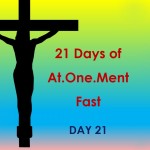

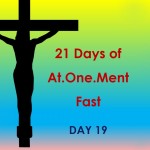
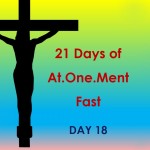
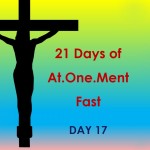
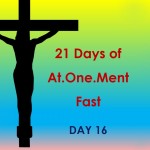
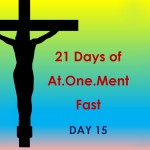
Follow Us